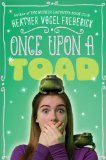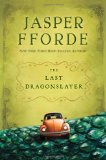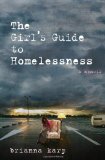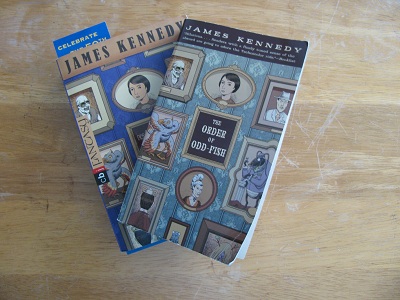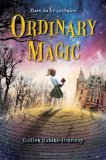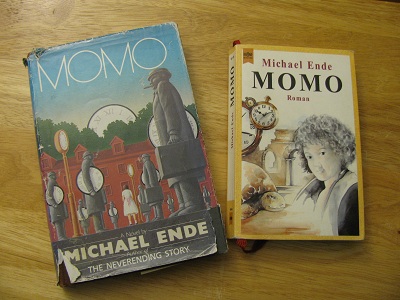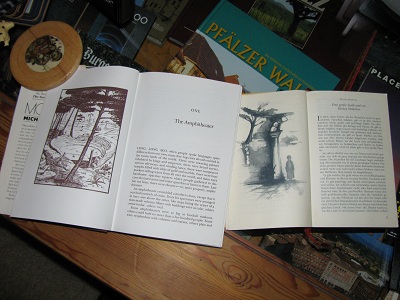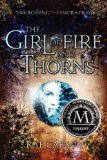Review of Goliath, by Scott Westerfeld
by Scott Westerfeld
read by Alan Cumming
Simon & Schuster Audio, 2011. 9 CDs, 10 hours, 30 minutes.
Starred Review
I finally read, that is, listened to, the concluding volume of the Leviathan trilogy. Although each book does have a reason to be an individual book and the separate episodes are distinct, this is not a trilogy where you’d want to start anywhere but the beginning. So go back and read Leviathan and then Behemoth!
The narration is well done, and I recognized the voices back from when I listened to the first book. There were times when I did get tired of the breathless pace, but I think that was more a function of the writing and it fitting the style of WWI adventure novels. I’d just take a breather between CDs and then be willing to listen again. And to be fair, once I got more than halfway, I couldn’t wait at all between CDs, but was eagerly popping the next one in immediately.
This trilogy provides an alternate steampunk history of World War I, where the Darwinists, who use genetically modified creatures, are pitted against the Clankers, who use fantastical steam-powered creations. Alek, the Prince in exile of Austria-Hungary, is back aboard the Leviathan, the giant British air beast where Deryn Sharp is serving as a midshipman, disguised as a boy, because she loves to fly.
Each book involves a progressively bigger weapon. The first book, Leviathan, was about the giant air beast itself. Then there was a water weapon called Behemoth. In this book, they pick up Nikolai Tesla in Russia. He claims to have leveled miles of Siberian forest with the power of his electrical weapon, Goliath. With it, he hopes to stop the war.
Alek believes Mr. Tesla, and wants nothing more than to stop the war, too. Deryn is not so sure. But either way, the Leviathan is bound across the Pacific and then across the continent on its way to take Tesla back to his laboratory in New York City. The United States is neutral, so they have to go through Mexico, where they are not completely successful getting past revolutionary generals.
Another thing I like about this series is they way they cover the whole world. Leviathan started in Great Britain and Austria. In Behemoth, they spent most of their time in Istanbul. In Goliath they head through Russia to Siberia and then go on to Tokyo. Then it’s across the Pacific, landing in California, flying across Mexico and then up to New York. So we get to see how all the countries are aligned in this steampunk alternate world Scott Westerfeld has created.
There’s plenty of intrigue, peril, and real historical characters put into somewhat different situations than they actually faced. Of course, best of all is the resolution of the story about Alek and Deryn. They can’t possibly have a future together. Or can they?
scottwesterfeld.com
audio.simonandschuster.com
Find this review on Sonderbooks at: www.sonderbooks.com/Teens/goliath.html
Disclosure: I am an Amazon Affiliate, and will earn a small percentage if you order a book on Amazon after clicking through from my site.
Source: This review is based on a library audiobook from the Fairfax County Public Library.
Disclaimer: I am a professional librarian, but I write the posts for my website and blogs entirely on my own time. The views expressed are solely my own, and in no way represent the official views of my employer or of any committee or group of which I am part.
Please use the comments if you’ve read the book and want to discuss spoilers!

